The fountain of eternal youth – Since the beginning of time, humans have been searching for ways to stay young and vital longer. Modern science is also continuously researching new approaches and compounds that could positively influence the aging process. One of these is spermidine , a natural substance found in many foods and considered a promising key to healthy aging. But what's behind it? And how can you specifically incorporate spermidine into your daily routine to support your cellular health? You'll learn exactly that in this article.
The most important things in brief
Spermidine is a natural compound found in many plant foods and plays an important role in cellular health.
Foods rich in spermidine include wheat germ, soybeans, peas, mushrooms and various vegetables.
The amount of spermidine in foods can vary, which is why supplements offer a convenient way to maintain a consistent dosage.
What is spermidine?
Spermidine is a naturally occurring compound belonging to the polyamine group , a class of organic molecules involved in numerous biological processes in the human body. The name spermidine originally comes from the fact that it was first isolated from human sperm. Today, however, it is known that spermidine is present in virtually all cells of the body. It is also present in numerous foods, particularly those of plant origin, which are used to obtain spermidine.
The importance of spermidine for the human body can be seen in its involvement in many important processes:
-
Supports cell growth and cell division
-
Stabilization of genetic material (DNA)
Involvement in the production of proteins
Influence on the immune system
-
Regulation of programmed cell death (apoptosis)
Protection of cells from harmful influences (1)
Although our bodies can produce spermidine themselves, it only does so in small amounts. Furthermore, the body's own spermidine production decreases with age. To meet our actual needs, it is advisable to consume spermidine through our diet .
Spermidine-rich foods: The best natural sources
Spermidine is found in many plant foods, with some containing particularly high amounts. Certain grain products, legumes, and vegetables are particularly rich in spermidine.
The best sources of spermidine include:
Cereal products : wheat germ
Legumes : soybeans, peas, green beans
-
Nuts & Seeds : Hazelnuts, Pistachios
Vegetables : Spinach, broccoli, cauliflower
Mushrooms

Compared to plant foods, animal products contain significantly less spermidine. However, spermidine content is higher in meat and meat products than in fish, dairy products, and eggs. Most cheeses contain relatively small amounts, but there are exceptions, such as blue cheese, which is particularly rich in spermidine (2).
Foods rich in spermidine offer much more than just this valuable substance. They're also rich in vitamins, minerals, fiber, and phytochemicals, which also have a positive impact on health. So, it's worth incorporating these nutrient-rich foods into your diet regularly, regardless of your age.
How spermidine affects cell health and the aging process
Healthy aging means slowing the aging process by delaying molecular and cellular changes that lead to age-related diseases. These include DNA damage, genetic changes, impaired nutrient utilization, and chronic inflammation.
An important mechanism of action of spermidine is its ability to support cellular self-cleaning—a process known as " autophagy ." This process involves the body breaking down and recycling defective or no longer needed cellular components. This not only helps eliminate cellular waste but also contributes to protection against pathogens.
With age, the efficiency of autophagy decreases, allowing harmful deposits to accumulate in cells, which can lead to various age-related diseases. Autophagy is normally only activated after prolonged fasting and the body enters a fasting state. However, there are also some signaling molecules that can independently activate autophagy —among them spermidine (1).

What does the research say?
The scientific study of spermidine's health effects on the human body is still relatively new. Although the substance itself has been known since the 1920s, its potential benefits, particularly with regard to aging and disease prevention, have only been studied more intensively in clinical trials since the 1990s.
A comprehensive study from 2018 aroused particular interest. The researchers of this study examined the effects of spermidine on more than 800 subjects over a period of 20 years. They found that participants who consumed more than 80 μmol of spermidine daily had a significantly lower risk of death during the study period compared to those on a low-spermidine diet. Participants in the spermidine group had an average lifespan that was even longer, by five years (3).

How to easily integrate spermidine into your everyday life
To reap the health benefits of spermidine, this valuable substance can be easily incorporated into your daily diet. Some ways you can incorporate spermidine into your diet include:
Wheat germ : This can easily be stirred into yogurt, muesli, or smoothies. It's also great for incorporating into doughs in baking to increase nutritional value.
Soybeans : In addition to tofu and tempeh, which are great in stir-fries and salads, roasted soybeans can be eaten as a snack or used in soups and stews.
-
Mushrooms : Mushrooms are an excellent addition to stews, risottos, or stir-fries. They can also be used as a side dish or in salads.
Nuts : These can be enjoyed as a snack or sprinkled into muesli, salads, or yogurt. They also add healthy fats to your diet.
Although spermidine is present in numerous foods, its levels can vary depending on various factors such as growing conditions, harvest time, and storage. Environmental stressors such as drought or temperature fluctuations can also affect spermidine levels in plants.
For this reason, it may be beneficial to supplement your daily spermidine intake with dietary supplements . These guarantee a consistent, standardized active ingredient content and can be individually dosed according to your needs.
Conclusion
Spermidine is a natural compound found in many plant foods and is increasingly considered a key to healthy aging and longevity. Regularly consuming spermidine-rich foods like wheat germ, soybeans, and mushrooms can support your cellular health and thus make a positive contribution to your overall well-being.
Our expert
What is spermidine?
Spermidine is a naturally occurring compound and belongs to the group of polyamines.
Which foods contain spermidine?
Spermidine is mainly found in wheat germ, soybeans, peas, mushrooms, nuts and various vegetables such as spinach and broccoli.
How does spermidine contribute to cell health?
Spermidine promotes autophagy, a process by which the body breaks down and recycles damaged or unnecessary cellular components.
How much spermidine should I take daily?
There is no exact recommendation for daily spermidine intake, but studies suggest that regular intake through food or supplements may be beneficial.
Can I also take spermidine as a dietary supplement?
Yes, dietary supplements guarantee consistent dosage and quality, which is especially beneficial because the amount of spermidine in foods can vary due to factors such as growing conditions and storage.
References for further reading:
- Madeo F, Eisenberg T, Pietrocola F, Kroemer G. Spermidine in health and disease. Science 2018; 359(6374). doi: 10.1126/science.aan2788.
- Muñoz-Esparza NC, Latorre-Moratalla ML, Comas-Basté O, Toro-Funes N, Veciana-Nogués MT, Vidal-Carou MC. Polyamines in Food. Front Nutr 2019; 6:108. doi: 10.3389/fnut.2019.00108.
- Kiechl S, Pechlaner R, Willeit P, Notdurfter M, Paulweber B, Willeit K et al. Higher spermidine intake is linked to lower mortality: a prospective population-based study. On J Clin Nutr 2018; 108(2):371–80. doi: 10.1093/ajcn/nqy102.


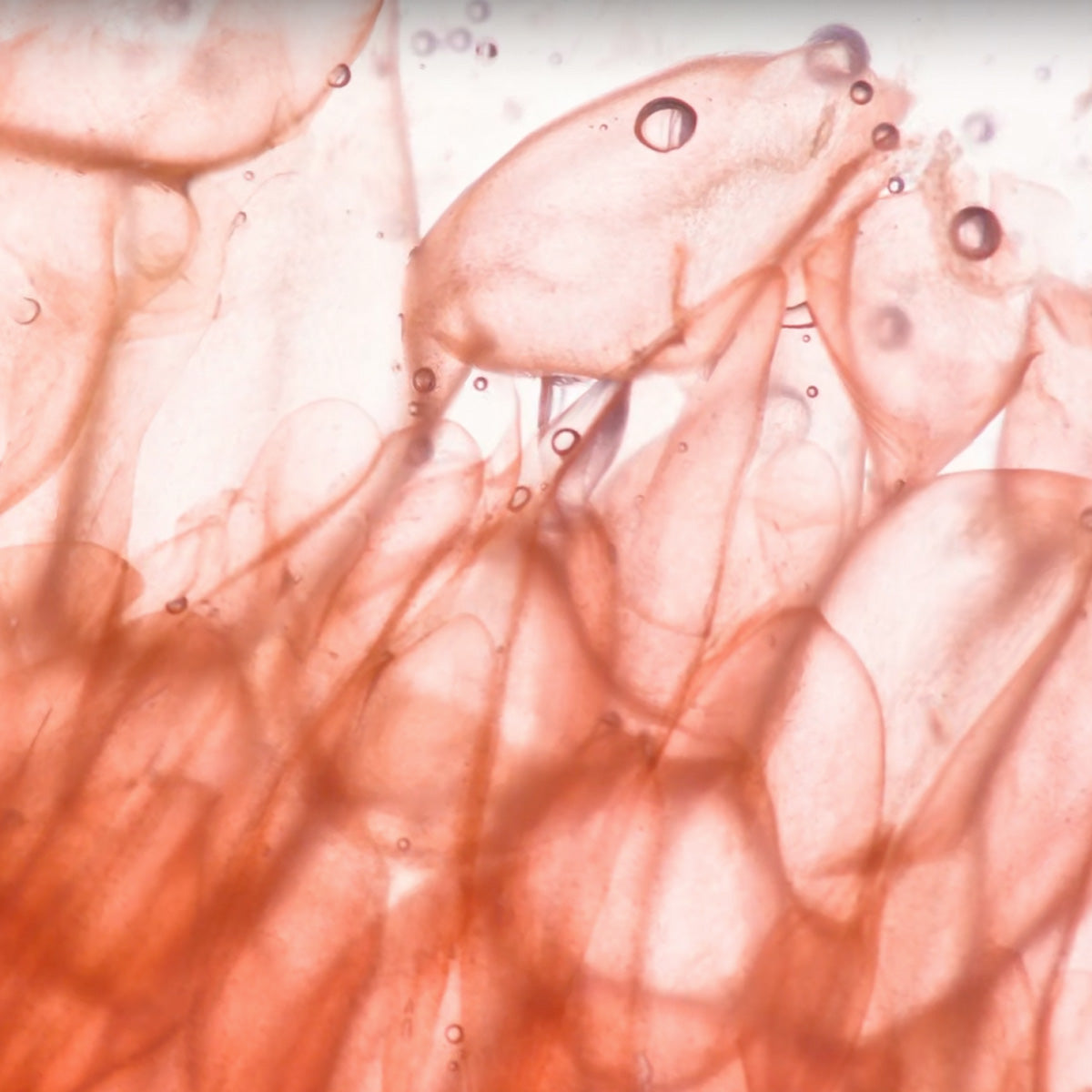
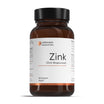
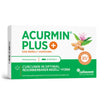
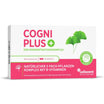

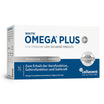
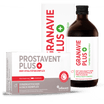
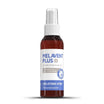
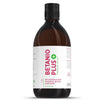

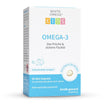

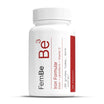
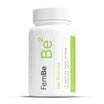
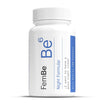






Leave a comment
This site is protected by hCaptcha and the hCaptcha Privacy Policy and Terms of Service apply.